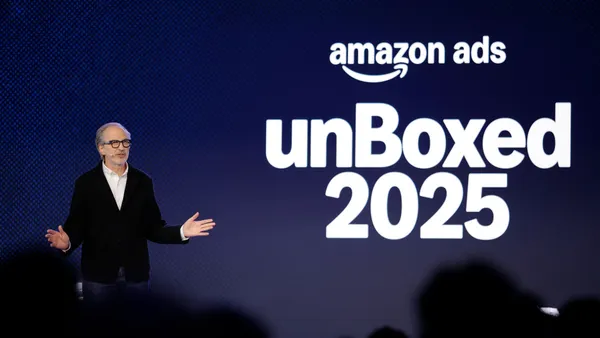“The trends are clear. More and more, people are going to be able to educate themselves on an as needed basis as they progress through life. Where the universities stand in that is a question the universities need to answer.”
—Ned Desmond, COO at TechCrunch
On Wednesday, TechCrunch, an online publication for the tech and startup world, announced it has teamed up with online learning provider Udemy to launch CrunchU, an online learning platform for startups and tech companies.
As I noted when Udemy launched its platform for organizations, there's an untapped market for skills-based learning—and universities are not filling it. University degrees are dropping in value, partly because many are no longer relevant to college graduates five years down the line. New technologies and methodologies are rendering college educations obsolete within just a few years. Out of this crater-sized hole, commonly known as the “skills gap,” online platforms like CrunchU are emerging.
“It’s now more important than ever for folks to really be improving their skill sets year after year. That’s how you get your promotion. That’s how you change careers. That’s how you launch a successful business,” Dinesh Thiru, VP of Marketing at Udemy, noted. “Quite honestly, these days, that’s how you just stay relevant in your existing position, particularly in the tech and startup world.”
With courses like Dave McLure's “Raising Money for Startups," Eric Ries' “The Lean Startup,” Gagan Biyani's “Introduction to Growth Hacking” and Russ Fradin's “Startup Hiring,” CrunchU is solving the "skills gap" for startups and tech companies.
As you can see, the type of courses CrunchU is offering have real-world applicability. The focus is on content that helps users do their jobs. It's not academic, it's not theoretical—it's entirely practical. Using Udemy's courses, platform and even its new iPhone app, Crunch provides a low-cost, highly-relevant and industry-specific education anytime, anywhere.
“Whether you’re working on a startup or whether you’re an editor or whether you’re on the business side, it can become clear that in any given week you need to learn something," Ned Desmond, COO at TechCrunch, said. "The idea of being able to source a very practically-oriented coursework online is a real winner and it’s catching on quickly.”
As yet, there are no badges or certificates for CrunchU courses, and while it may be heading in that direction long-term, CrunchU may feel as though its target audience has no need to quantify its skill set—it just wants to learn and stay ahead of the curve.
“The pace of change has accelerated so much and it’s just palpable. You almost feel it in the air here, living in San Francisco,” Dinesh excitedly explained.
Industries are starting to work with institutions to customize learning for a given industry. The value of an education needs to be financially quantifiable and, more and more, we're seeing platforms like Udemy serve that need. Clearly, universities are missing out and, more importantly, they are losing relevance. If students spend four years completing a computer science degree at a prestigious school, that degree should mean something. But the tech world doesn't value a degree as much as it values passion and intelligence. If students can learn their jobs as they go, why would they feel the need to spend $200,000 or more on a degree that will be outdated within five years of graduation? Why wouldn't they just drop out and teach themselves the skills they actually need for their job? That's what Bill Gates, Steve Jobs and Mark Zuckerberg did—and that's a pretty good precedent.
Here's a picture of CrunchU's course listing:

Here's a picture of one of CrunchU's course pages:















